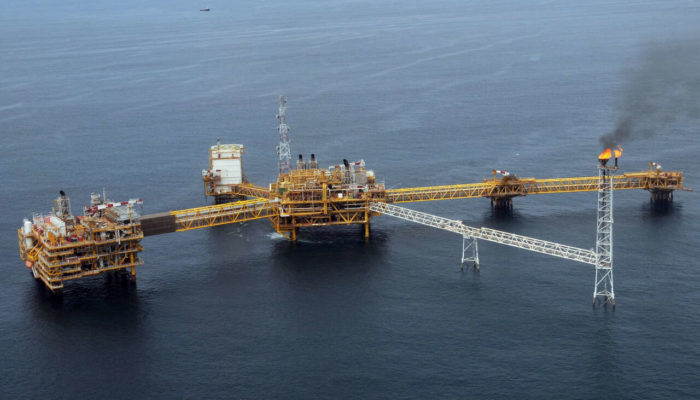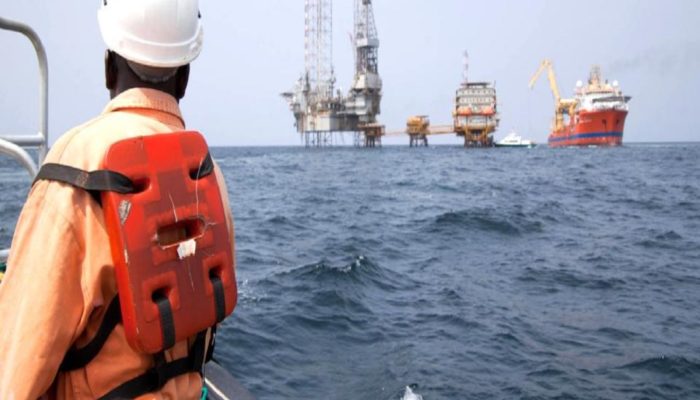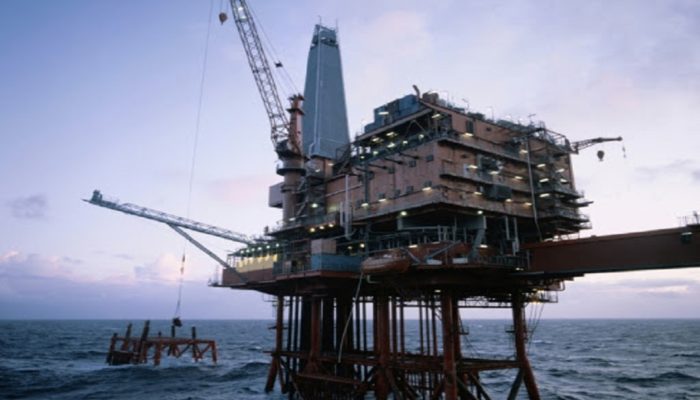Gabon is called on by OPEC to reduce its oil production by almost a quarter. This will mean less production, less income for the country and for the whole of the country. oil sector… the jobs of thousands of Gabonese are at stake with the Coronavirus still the economy’s enemy Number 1.
Last April, the Organization of the Petroleum Exporting Countries, in cooperation with Russia within the framework of OPEC +, took a decision of unprecedented magnitude by committing to reduce its production by nearly 10 million barrels / day. Perceived by the markets at the time as the only way to stop the fall in oil prices by reducing supply, this drastic cut nevertheless had very serious consequences for the most vulnerable members of OPEC, especially in Africa.
Gabon is one of the big losers in the policy decided by OPEC (in other words by Saudi Arabia which represents 60% of the consortium’s output). The country must reduce its production by 23%, or some 50,000 barrels / day, for at least six months. But what is considerable at the level of Gabon is in reality derisory compared to world production (around 100 million barrels / day). With respectively 11 and 10 million barrels / day produced, Saudi Arabia and Russia are the real masters of the game. What is even more shocking about the current crisis is that it results primarily from the war trade that Russia and Saudi Arabia engaged in in early 2020, even before the devastating effects of Covid-19 were fully perceived.
Today, Gabon is called on to participate in the effort to reduce supply, in the hope – illusory because the drop is so small at the global level – to raise prices per barrel. But what interest does he have in doing so? None for four main reasons.
The first is macroeconomic. Not all oil producers are created equal. While countries like Saudi Arabia or Russia have plentiful foreign exchange reserves and can balance their budgets for a barrel at relatively low prices, Gabon, like other oil-producing countries in Africa, is extremely dependent on its hydrocarbon exports to finance its public spending and its economy. As the price of oil has collapsed, the self-imposition of drastic production cuts is economic and social suicide, especially in the context of the Covid-19 pandemic.
Second, it is the Gabonese oil sector, the flagship of the national economy, which is seriously endangered. This while the government recently showed its ambition to restore production, with an upward recovery already noted in 2019. What must be understood here is that the investments made by the oil companies, especially in the exploration and drilling campaigns, are carried out over several years. If they find themselves obliged to reduce their production, they have no choice but to interrupt their investment program, with long-term negative effects on production and on the level of reserves, which is an essential parameter for the financing of their activity with banks. A vicious circle then begins in which the fall in investment leads in turn to a decrease in reserves, a tightening of financing conditions and therefore, ultimately, of investments.
The third reason particularly concerns Gabonese companies providing services to the petroleum sector. Faced with a bearish outlook, most of the oil companies will stop relying on local suppliers. The latter, already very weakened by the previous crises of 2014 and 2016, are on the verge of asphyxiation – as the example of the Caroil company which has just laid off 51 employees proves. OPEC’s decision, which comes on top of the Covid-19 crisis, the global economic crisis and the fall in oil prices, will deal a fatal blow to these essential players in the real economy and provoke the loss of thousands of skilled jobs. A whole policy of promoting local content is compromised, not to mention the large-scale social crisis that will result from it.
Finally, the sudden adjustment imposed by OPEC compromises Gabon’s economic diversification efforts, even though we can see how dependence on hydrocarbons is a dangerous trap. The country is resolutely committed to fundamental reforms to reduce its dependence on hydrocarbons. But this plan requires reinvesting the oil windfall to support other industries and invest in the country’s infrastructure. How do you finance long-term development plans if you have to cut your income?
For some experts, Gabon can no longer afford the luxury of playing the big game






